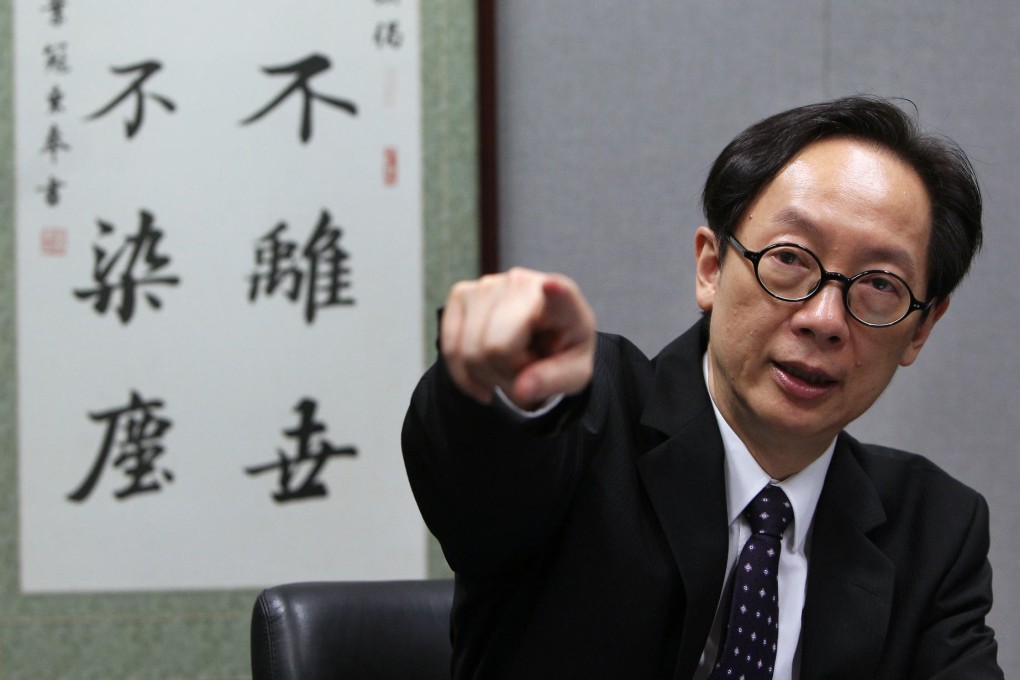Hang Seng plans etf after winning quota
Bank expects to launch its first A-share exchange-traded fund by November after securing 1 billion yuan limit under RQFII scheme

Hang Seng Bank is to launch its first A-share exchange-traded fund next month or in November after receiving a renminbi qualified foreign institutional investor quota of 1 billion yuan (HK$1.26 billion), executive director Andrew Fung Hau-chung said.
The room for more innovation in A-share ETFs was diminishing, Fung said, with many mainland index-linked products already established.
He expected local financial firms would enlarge the scope on RQFII products by focusing on active management of bonds or stocks rather than index tracking, or form private funds targeting institutional investors only.
Bank of China (Hong Kong), HSBC and Bank of East Asia have also won RQFII licences, but they have yet to launch products.
Hang Seng Bank could be the first to launch an RQFII ETF, following in the footsteps of five mainland asset-management firms that set up such products last year.
"Of course, everyone wants to have innovation but the room is getting smaller," Fung said, adding that some popular indices, such as the MSCI China A 50 Index and CSI 300 Index, were already being tracked by existing RQFII ETFs.